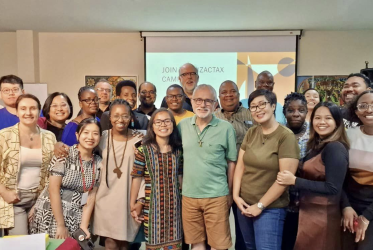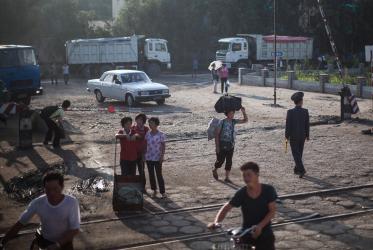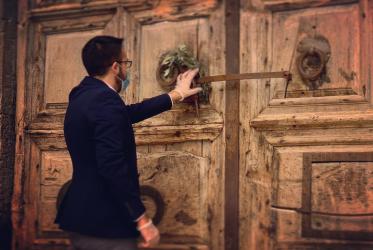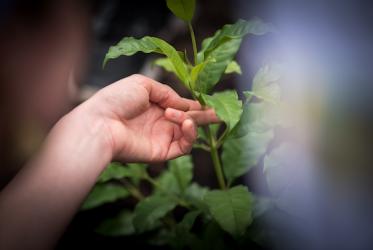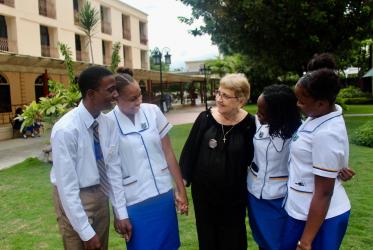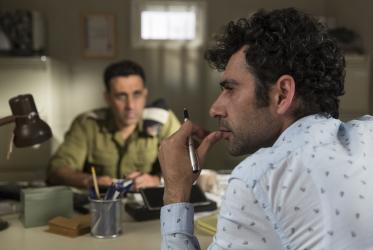Displaying 1 - 20 of 46
08 September 2023
Church of South India eco-ministry featured on UNESCO website
17 February 2020
The cry of the Papuans in Indonesia
14 November 2019
Shabbat dinner ‘helps humanize two sides of the story’
27 March 2019
Church in Bali empowers youth to break cycle of poverty
18 March 2019
A faith-based, holistic approach to HIV and AIDS-care
13 March 2019
“If this is the ecumenical movement I want to be in!”
11 October 2018
Linette Vassel: “We need to examine power more deeply as women”
03 October 2018
Film “Tel Aviv on Fire” wins Interfilm award
12 September 2018
